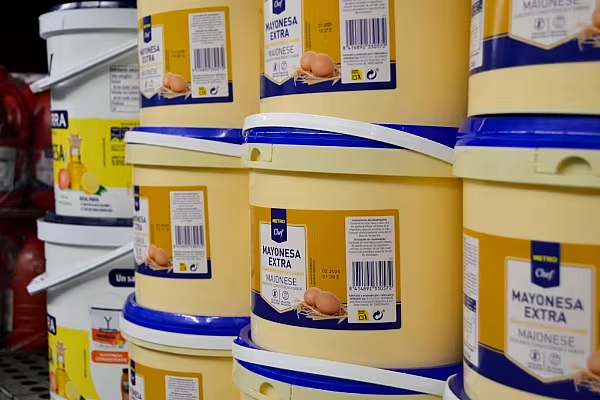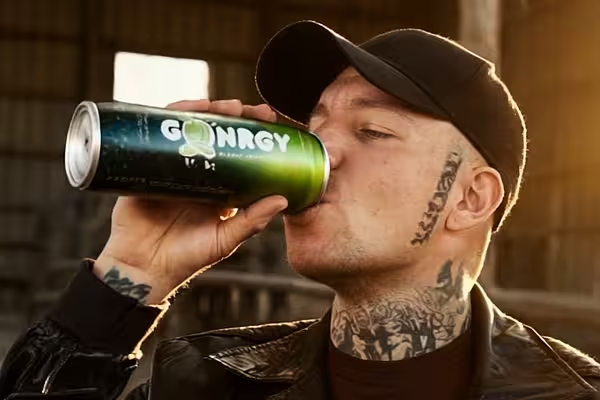Wholesaler Makro Spain has launched more than 400 new own-brand SKUs during the 2022/23 fiscal year, strengthening its own-brand offering.
The company already offers around 6,000 references under the brands Makro Chef/Metro Chef, Makro Professional/Metro Professional, Makro Premium/Metro Premium, Rioba, and Aro.
These items accounted for more than 36% of Makro's total sales in its most recent financial year.
The performance exceeded the objectives established by parent company Metro for all its subsidiaries, which stipulated that its brands should represent 35% of the company's total sales by 2030. Makro Spain claims to be the first subsidiary of the group to reach them.
'Growth And Transformation Plan'
The good performance of its private-label brands is the result of the company's strategic growth and transformation plan, launched two years ago, which defined the promotion of its brand as one of the main objectives.
Among the new products on Makro's shelves are canned food and grocery items within the food segment and professional kitchen utensils, batteries, and professional tableware in the non-food area.
"We continue to strengthen our own brand assortment with the aim of offering our hotel clients a 100% wholesale, innovative offer that contributes to their economic sustainability. Our own brand offer allows us to offer the hotelier competitive and stable prices and that is why we will continue promoting the launch of new references in the coming years," explained Enrique Díaz, head of Makro's own brand.
Sustainability Measures
In parallel, Makro has carried out a series of sustainability measures with new certifications and packaging optimisation in its own-brand products, which it will continue to be implemented over the coming years.
An example is the certification under the sustainable fishing standards recognised by the Global Sustainable Seafood Initiative (GSSI) for its fish and seafood assortment and own-brand references.
Makro has also set a goal of eliminating single-use plastics by 2025. Last year, it achieved savings of almost 18 tonnes of metal and around two tonnes of plastic by optimising the packaging in its own-brand references.










